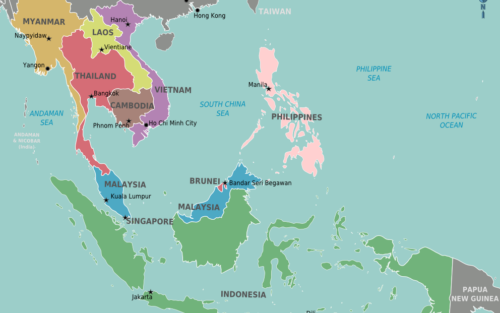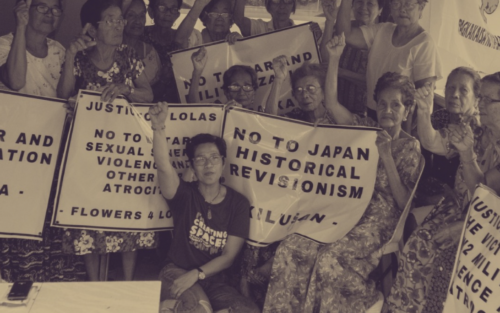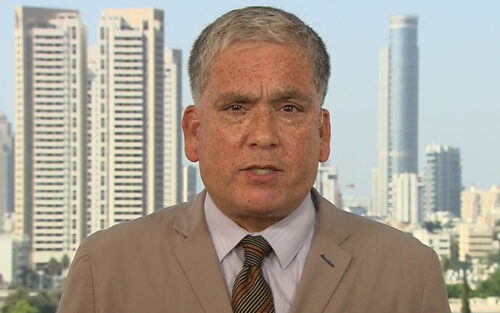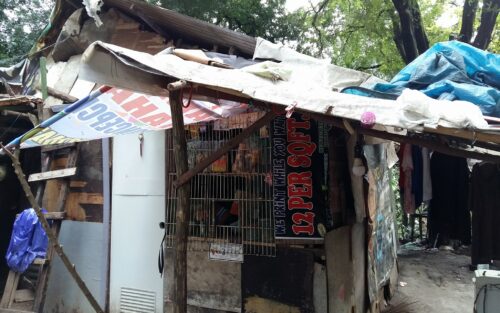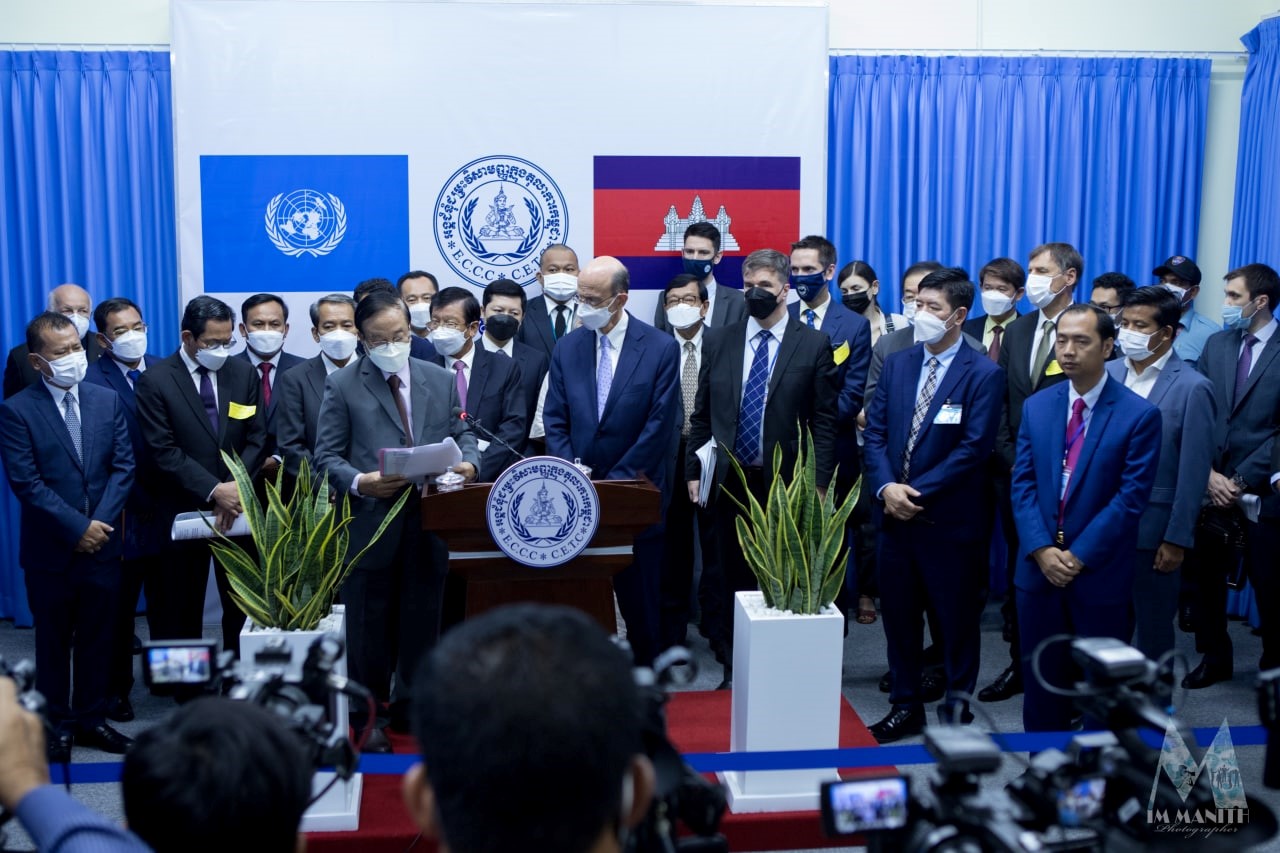Accountability for core international crimes in the ASEAN region: diversity in recent developments
INTRODUCTORY BLOG
Published on 5 April 2023
Accountability for core international crimes in the ASEAN region: diversity in recent developments
by Dr Cheah W.L.
Few international legal fields witness the intensity of debate, disagreement and feeling that jus ad bellum does. Linked to foundational ideas of sovereign prerogative, security, international order and (anti)imperialism, the international law of the use of force has been highly contested and highly coveted. read on...
Published on 5 April 2023
The ICL Ecosystem in the Asia Pacific: The Rome Statue and Beyond
by Dr Priya Pillai
The fact that there are low ratifications of the Rome Statute in the Asia-Pacific region—with only 19 States Parties to the Rome Statute—is certainly cause for concern. Coupled with the fact that there are, unfortunately, multiple examples in the region of mass atrocities that need to be addressed and require accountability. read on...
Published on 5 April 2023
The right to non-discriminatory reparations for slavery crimes: Malaya Lolas secure ground-breaking CEDAW decision and holistic recommendations
by Priya Gopalan and Alexandra Lily Kather
On 3 March 2023, published on 8 March—International Women’s Day—2023, the Committee on the Elimination of Discrimination against Women (Committee) issued its decision in Natalie Alfonzo et. al concerning the Philippines’ obligations under Articles 1, 2 (b) and (c) and 6 of the Convention on the Elimination of Discrimination against Women (Convention or CEDAW). read on...
Published on 5 April 2023
Linking the law and public advocacy: a win-win for legal scholars and activists
by Chris Gunness
The story of the Myanmar Accountability Project (MAP) is a story about the confluence of international criminal law and public advocacy. Put crudely, it’s about where law and journalism meet.
As MAP’s founder and director, I hope our story illustrates that when legal practitioners and scholars clamber out of their silos and embrace the opportunities we offer each other, together we can be greater than the sum of our parts.
Indeed, when silos are broken down, I believe that the prospects for securing justice for millions of victims of international crimes, even within the Association of Southeast Asian Nations (ASEAN), could increase significantly. read on...
Published on 5 April 2023
The ‘Things Said in Passing’: The Duterte Drug War, Philippine Presidential Foreign Policy Prerogatives, and the Rome Statute of the International Criminal Court in Pangilinan v Cayetano
by Romel Regalado Bagares
On 16 March 2018, the Philippines formally submitted its notice of withdrawal from the Rome Statute (RS). This decision by the then president of the Philippines, Rodrigo Duterte, was in response to the ICC prosecutor’s opening of a preliminary examination (PE) into alleged crimes against humanity committed in the Philippines in the context of the ‘War on Drugs’ implemented by the Philippines government from 1 July 2016. read on...
Published on 5 April 2023
Justice Beyond the Courtroom? Residual Functions at the Extraordinary Chambers of the Courts of Cambodia
by Andre Kwok
The legacy of the Extraordinary Chambers of the Courts of Cambodia (ECCC) is a hotly debated topic. Many commentators applaud the ECCC’s historical achievement of convicting Khieu Samphan, the first head state for the crime of genocide in a region witnessing increasing authoritarianism. At the same time, many criticise the ECCC’s high cost, allegations of political interference, and procedural disagreements. Amidst debates over the ECCC’s legacy, there has been limited academic and media coverage of the ECCC’s post-prosecution judicial functions. read on...


